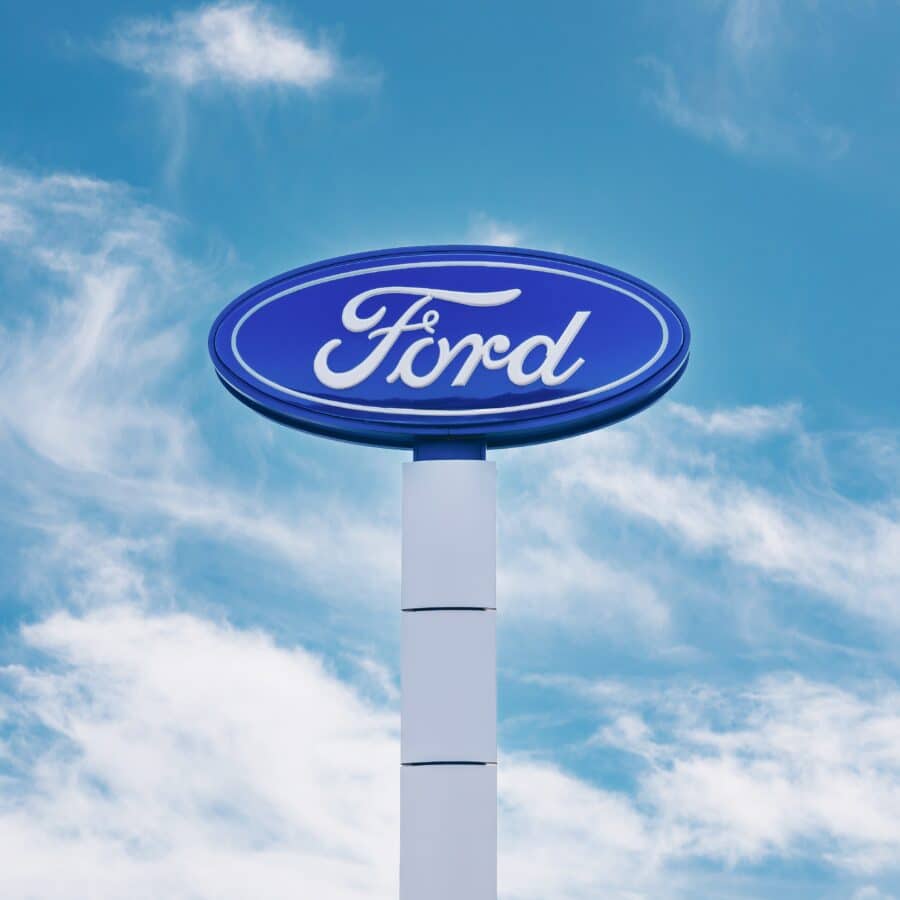Following a busy 2011, which included the recall of over 1 million of its top-selling F-150 pickups, Ford just announced the recall of about 539,000 SUVs and minivans over “potential flaws that could trigger brake fluid leaks or a loss of power,” Reuters reports. These defects may increase the risk of a crash and the auto manufacturer explained it will make the necessary repairs free of charge.
Models in this recall include model years 2004 and 2005 Ford Freestar and Mercury Monterey minivans. 2001 and 2002 Ford Escape SUVs are also impacted by these defects.
Required repairs include replacement of brake master cylinder reservoir caps that may leak and damage wiring in the antilock brake system of SUVs, and a defective torque converter in affected minivans. Although the company said it will make the repairs free of charge, a parts shortage could delay the remedy for some Ford Escape owners. In the recall notice released from the National Highway Traffic Safety Administration, the company instructed owners to “park their vehicles outside until such time as parts become available.”
This is just the latest major recall from the second biggest U.S. automaker. Besides the 2011 recall of its popular F-150 line of truck, the company saw 129,000 Fusions and Mercury Milans called back after wheel studs on vehicles with 17-inch steel wheels were found to be at risk for breaking. This could actually cause the wheel to break loose and fall off, posing a major crash risk. Late last month the company also announced a separate recall for some models of its trucks due to an electrical short that could “develop in the body control module and cause a fire,” USA TODAY reports.
Despite the negative publicity, Ford’s shares have continued to soar, closing up 2.3 percent on the New York Stock Exchange the day this SUV and minivan recall was announced. Interestingly, the automaker appears to be riding a wave of increased popularity which cannot even be quelled by the announcement of this major recall campaign. As reported in a January 4, 2012 press release, Ford noted that their sales for 2011 rose 17 percent, despite their many recalls.
Included in last year’s success was the continued popularity of their F-series pickups, even with the major recall campaign in the middle of the year. In 2011, the company sold over half a million F series trucks, “making it the best-selling truck for 35 consecutive years and the best-selling vehicle for 30 years,” Ford reports.
On the other side, the worst-selling vehicles of 2011 appeared to be the victims of “outdated designs, lack of marketing support and intense competition,” Forbes reports. With the automotive industry sales forecast looking highly promising over the next few years, virtually none of last year’s poor sales performances were blamed on consumer safety concerns. The only exception from 2011 is Toyota, who may still be reeling from the affects of their “widely publicized quality recalls.”
One of the reasons companies like Ford may be rebounding from these recalls so quickly is the manner they handle such recalls. According to the Los Angeles Times, GM employed similarly effective recall tactics last year amid reports of a fire risk in their Chevy Volt. Following these reports, the article explains GM “shifted into communications overdrive, trotting out senior executives and engineers to talk about the issue and launching a customer-care initiative.” Ford has carried out their recalls with equal diligence and transparency.
According to the article, analysts said this tactic is intended to ensure consumers do not see the company “sitting on its hands and downplaying a safety issue — a trap Toyota fell into after a deadly 2009 car crash killed four people and set off fears of sudden uncontrolled acceleration in Toyota and Lexus vehicles.” A May 2011 report from Toyota claimed their management style did not fully take into account consumer complaints, leading to the sluggish and feeble initial responses from the Japanese carmaker.
Ford also recently announced a recall on just 36 of their F-650 trucks for poorly tightened axel bolts which may detach. While other companies may be tempted in such situations to quietly call back their product without the use of a nationwide recall, as Johnson & Johnson attempted to do during their “phantom” recall of 2010, Ford again put the public’s safety above their professional reputation.
As an established brand owning a heavy chunk of the auto market, the company’s continued success may be most heavily linked to consumer trust in their reputation, which appears to have been bolstered over the past year by the way it handled its recalls. Barring a series of deadly crashes resulting from a mishandled recall, it appears that Ford has effectively addressed these most recent product quality lapses, and other companies would do well to take note of their overriding emphasis on consumer safety.


